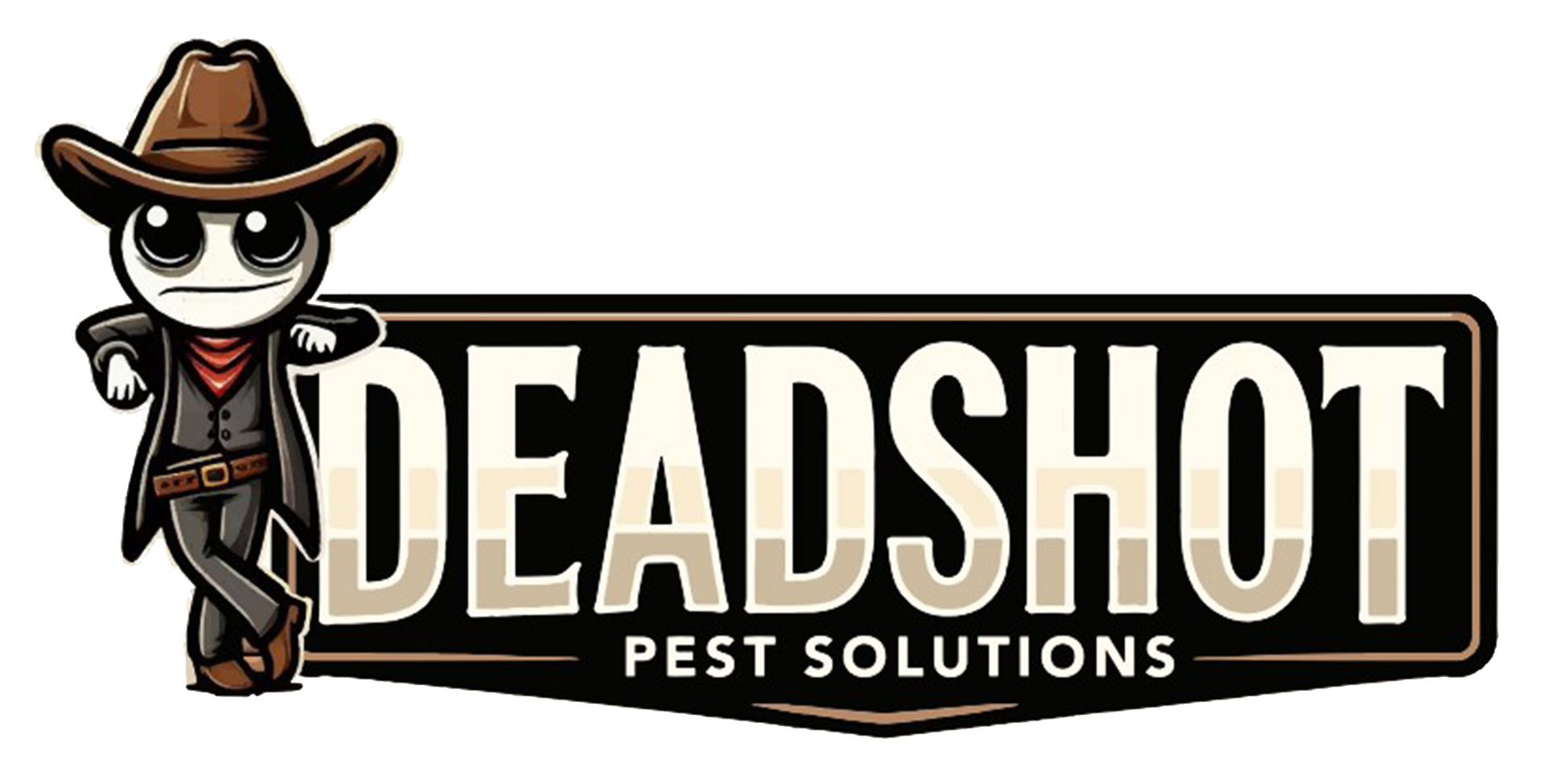Dealing with a pest problem can be a real headache. Whether it's ants in the pantry, spiders in the basement, or mosquitoes crashing your backyard BBQ, those unwelcome guests can really put a damper on things. When it comes to tackling these issues, you might be tempted to take the DIY route, and hey, there's nothing wrong with that! I'm a DIY kind of guy myself, and I totally get the satisfaction of taking care of things on your own.
But sometimes, those DIY pest control efforts just don't cut it. Pests can be persistent, and figuring out the best way to get rid of them can be tricky. That's where the pros come in. Pest control professionals bring a whole lot to the table that can make a real difference in getting the job done right.
Think of it like this: you might be able to change your own oil, but when it comes to a major engine repair, you probably want a mechanic with the right tools and expertise. Similarly, pest control pros have in-depth knowledge about pest behavior, access to professional-grade products, and specialized equipment that can make all the difference in effectively eliminating those pesky critters.
Plus, let's be honest, dealing with pests can be kind of gross. Professionals are trained to handle those situations safely and efficiently, so you don't have to. They can also help you identify potential risks and prevent future infestations, saving you time, money, and a whole lot of hassle in the long run.
Ultimately, the decision of whether to DIY or hire a pro is up to you. But if you're feeling overwhelmed, frustrated, or just want to ensure the job is done right, don't hesitate to reach out to a pest control professional. They can provide the expertise and support you need to reclaim your home and enjoy a pest-free environment.
